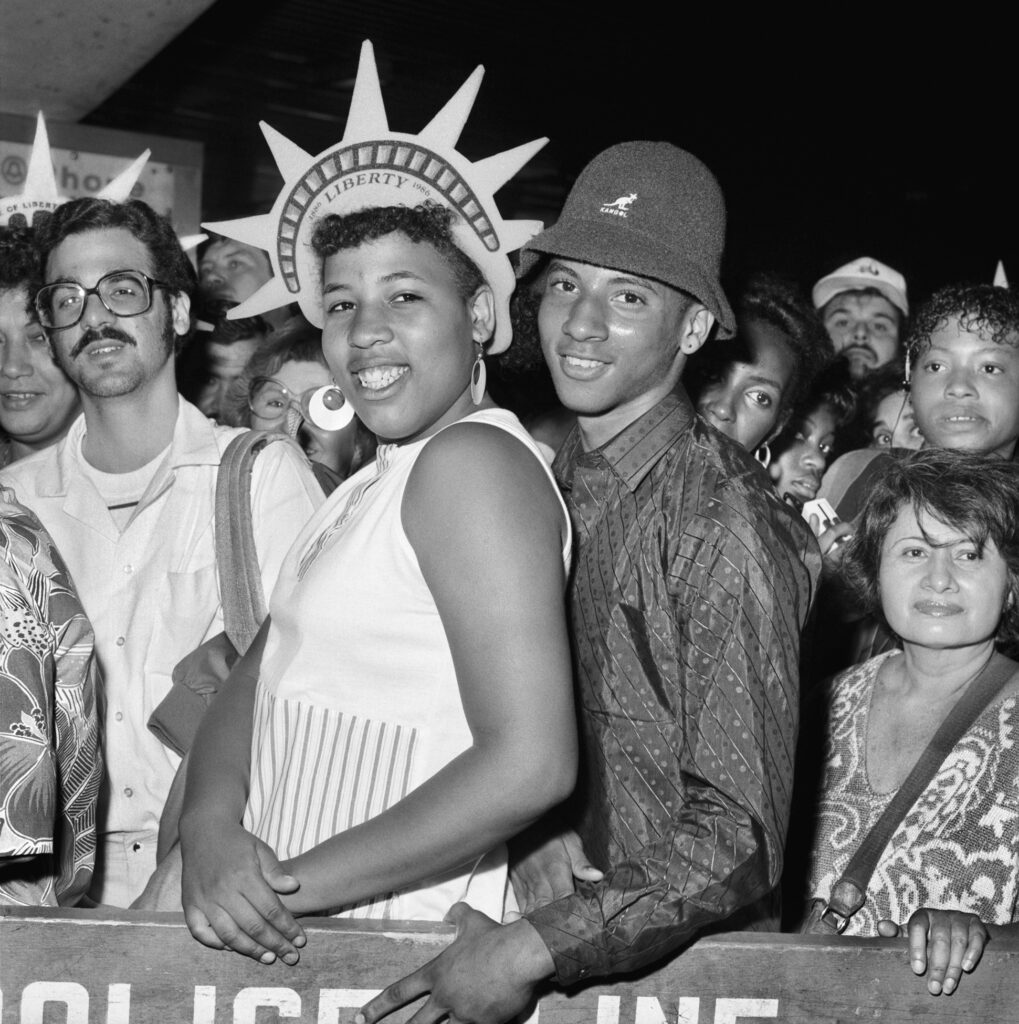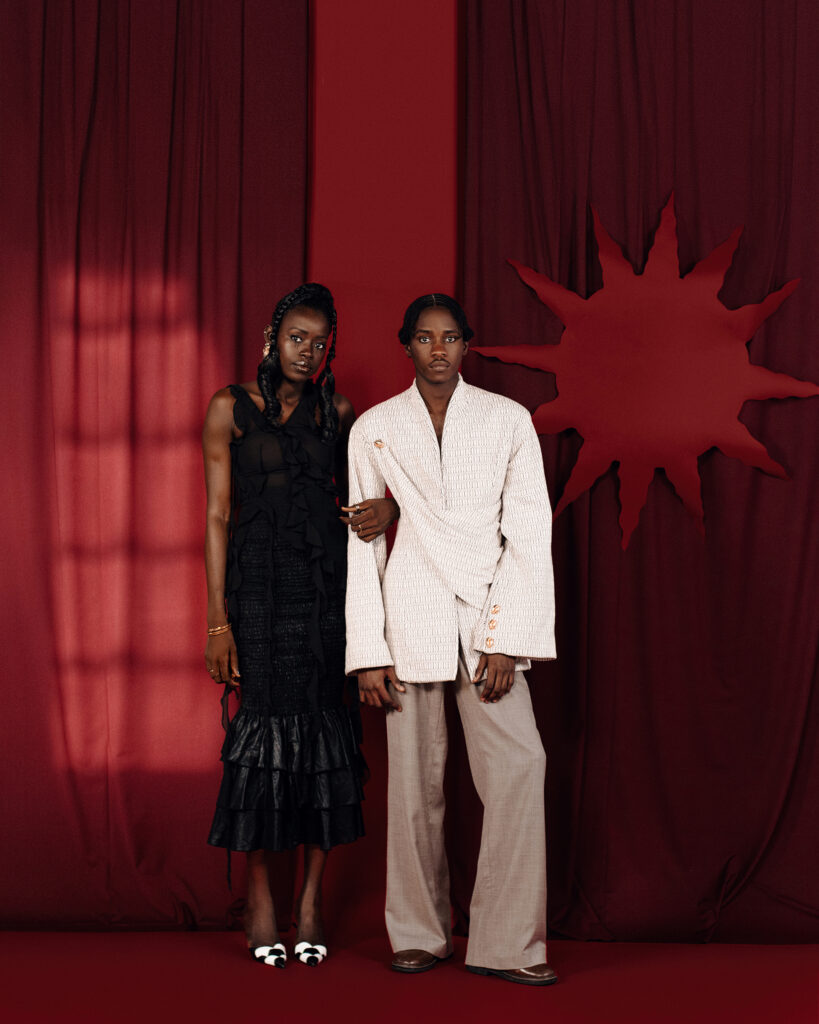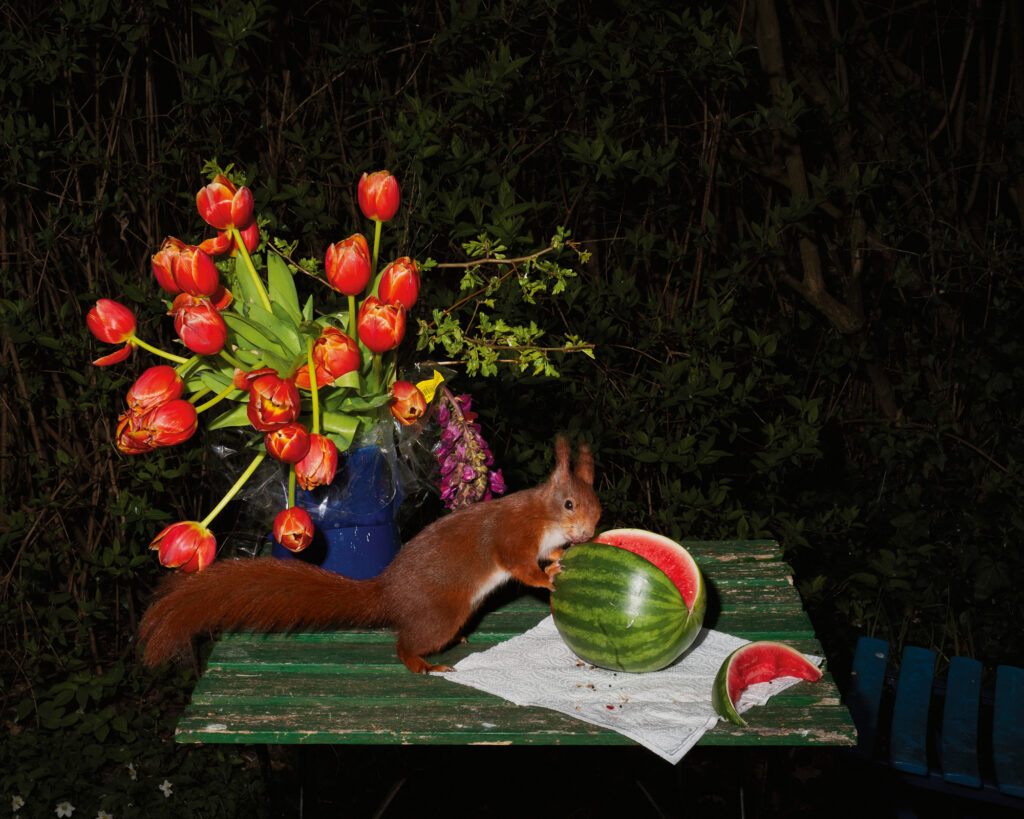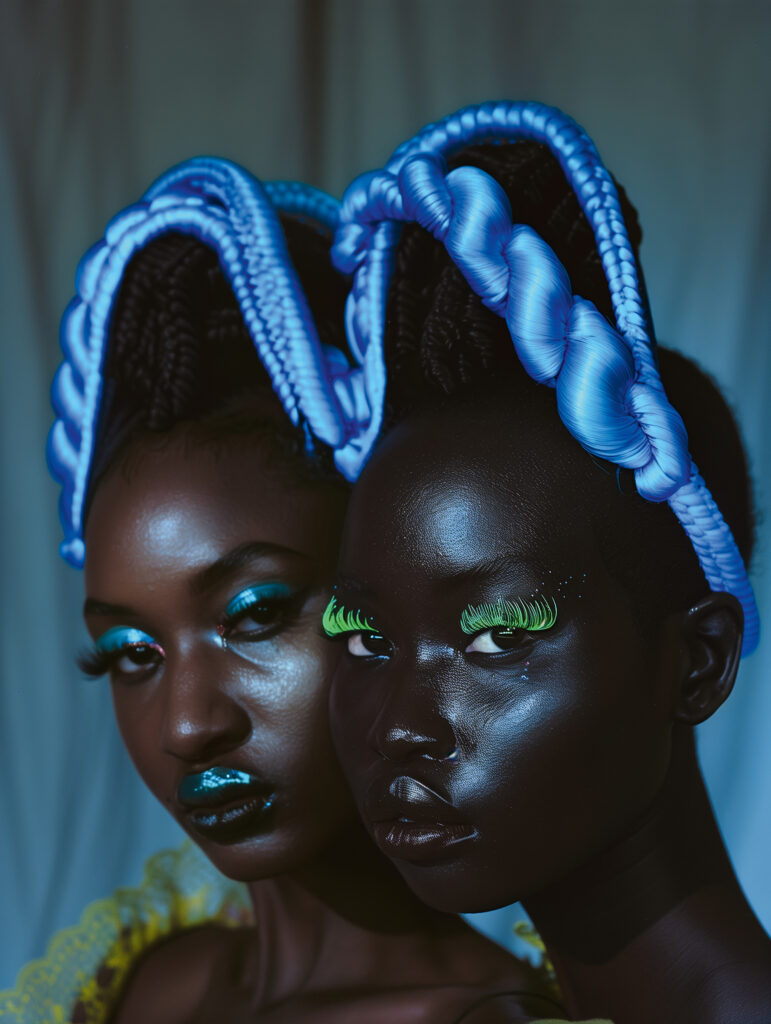Portfolios
A Bittersweet Ode to the Teenagers of 2000s Seoul
In search of lost youth, the New York–raised Sung Jin Park spent his thirties photographing high schoolers in his native Korea.

Korean high schoolers spend on average twelve to sixteen hours a day at school, but you wouldn’t know that from looking at Sung Jin Park’s series Kid Nostalgia (2001–9). Here we see them cutting class, sneaking cigarettes, and recovering from fist fights (one kid gingerly sports a bandaged hand under his school uniform). For this work, Park turned Seoul into his photography studio, capturing public high school students in alleyways, clearings, and other banal public spaces of various outer-borough neighborhoods. The series is photographed like an editorial, with the subjects often looking straight at you; we meet their gaze as teenagers ourselves and are transported back to the thrilling desperation of youthful indiscretions and the hope that they’d puncture the seemingly endless expanse of adolescent boredom. Through the scowls and the smoke, these kids, with their untucked shirts and hiked-up skirts, strike poses with assured nonchalance, as if the tumble of emergent self-formation were the most effortless thing in the world.
Aperture Magazine Subscription
0.00
“Looking back, I can only get a glimpse of what I was looking for,” Park told me in Korean (the translations are mine). “These were kids who were striving to express themselves in the most naive ways—cutting their own hair, cutting their own clothes. It’s endearingly awkward. I’m interested in the moment before those impulses are confirmed. I was looking for the kinds of kids I liked, I guess, the ones with a certain style or attitude. In a country where everyone believes that education is the only way up, these were the kids from the bad schools in the wrong neighborhoods.”
Park, who had followed his older brother to New York for high school and stayed on to attend Pratt Institute in Brooklyn, returned to Seoul some years after college. It wasn’t long before he began Kid Nostalgia, scoping out subjects on the margins of the metropolis for nearly a decade. The photographer spoke of deriving a vicarious satisfaction from finding these students and their attitudes of refusal. I wonder what fantasies or desires drove Park to sustain this project throughout his thirties, and if they relate to my own immediate sense of identification with his subjects. Was he searching for recognizable parts of himself in a place where he feels both enmeshed and estranged—a way to mark not just a coming home, but the construction of a home? The nostalgia that drives this series is the photographer’s and the viewer’s, a nostalgia unmoored from any real memories. Kid Nostalgia might more accurately be titled Adult Melancholia, for it is essentially a body of work that seeks to retrace that which can’t be located or recognized, a loss without object.
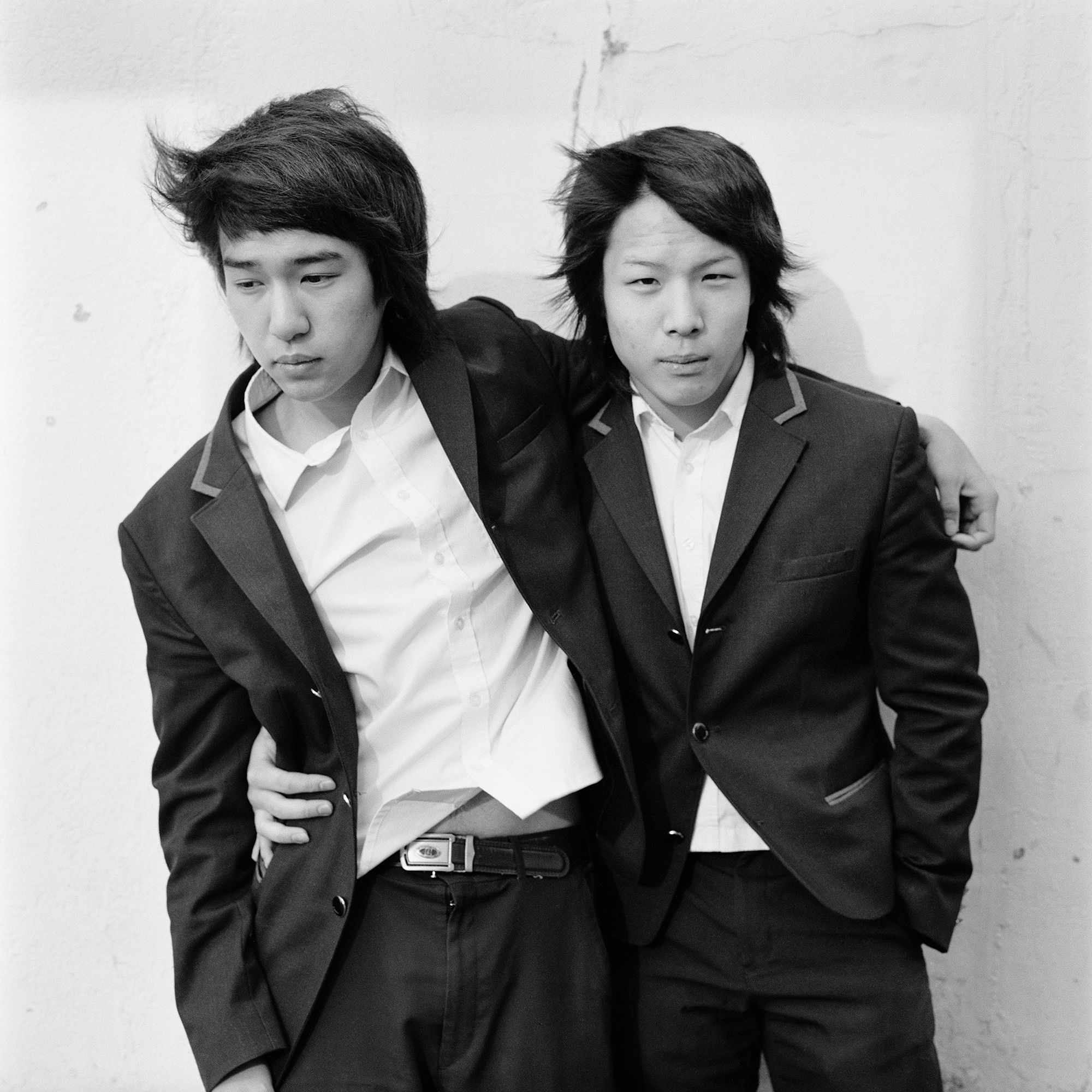
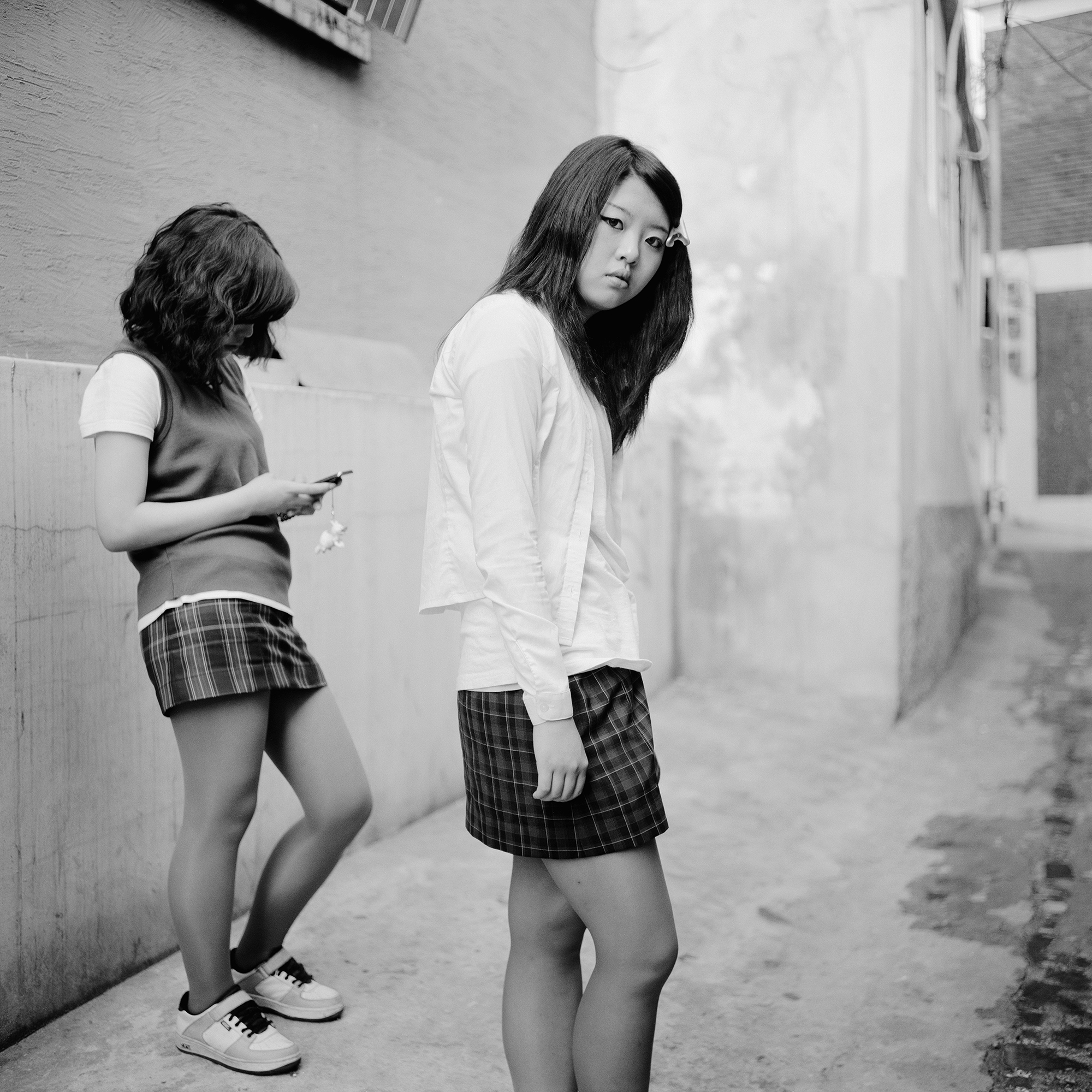



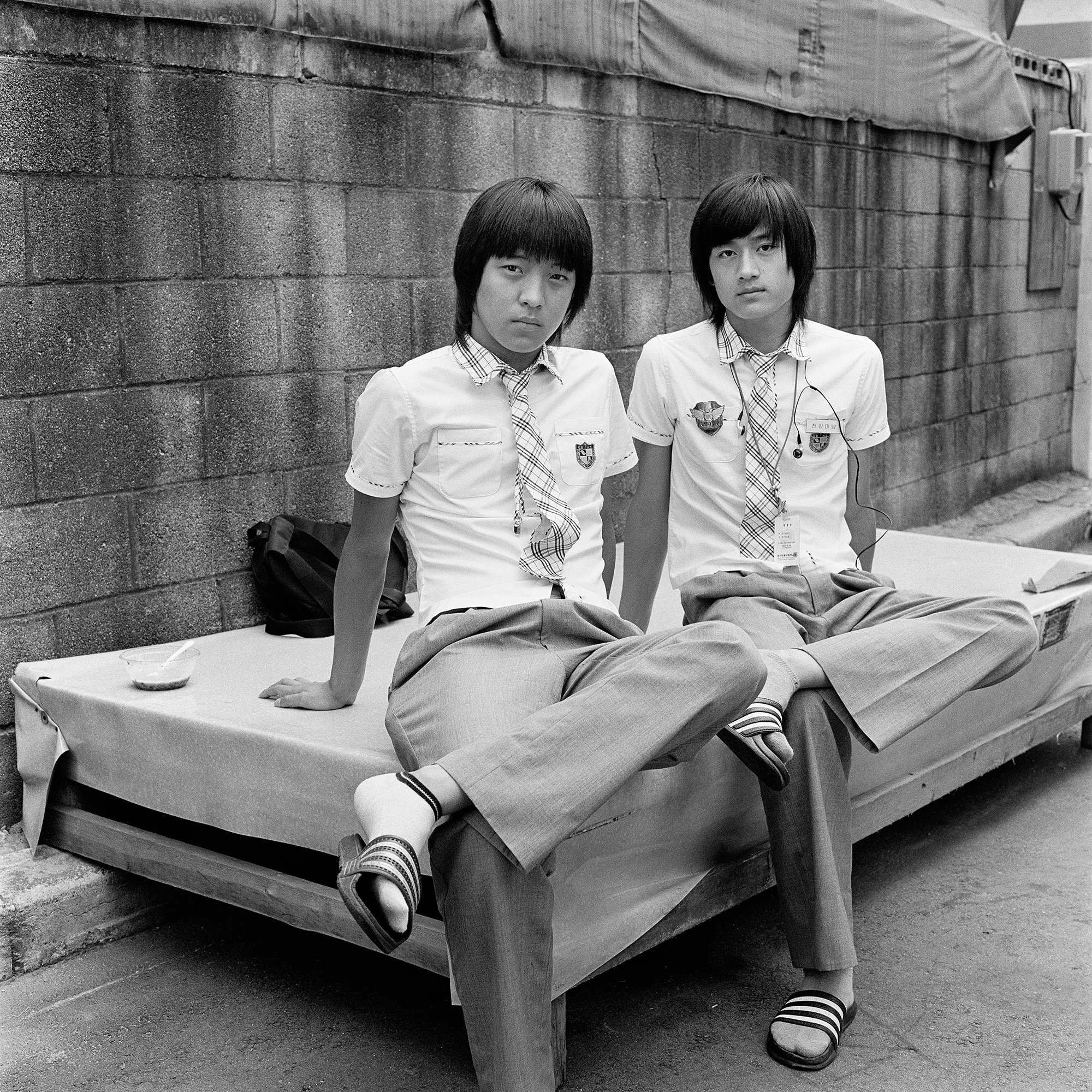
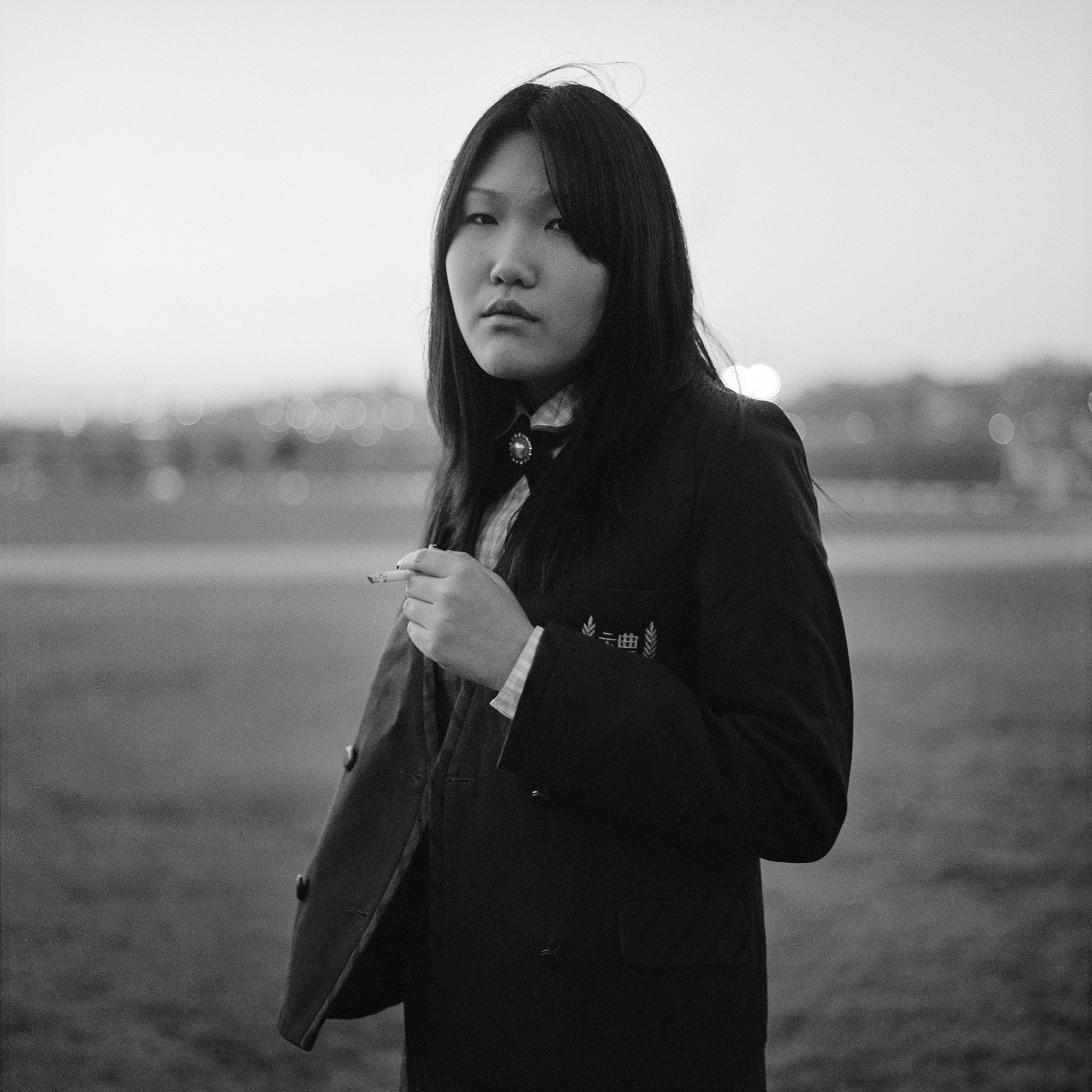
Courtesy the artist
This article originally appeared in Aperture No. 260, “The Seoul Issue.”





